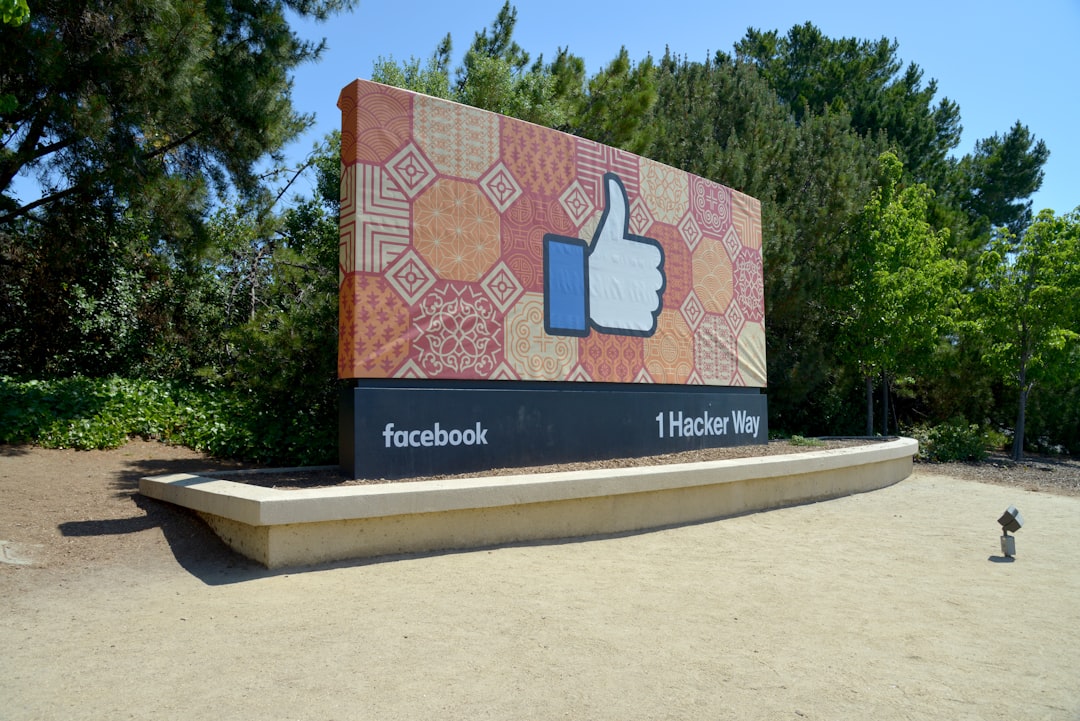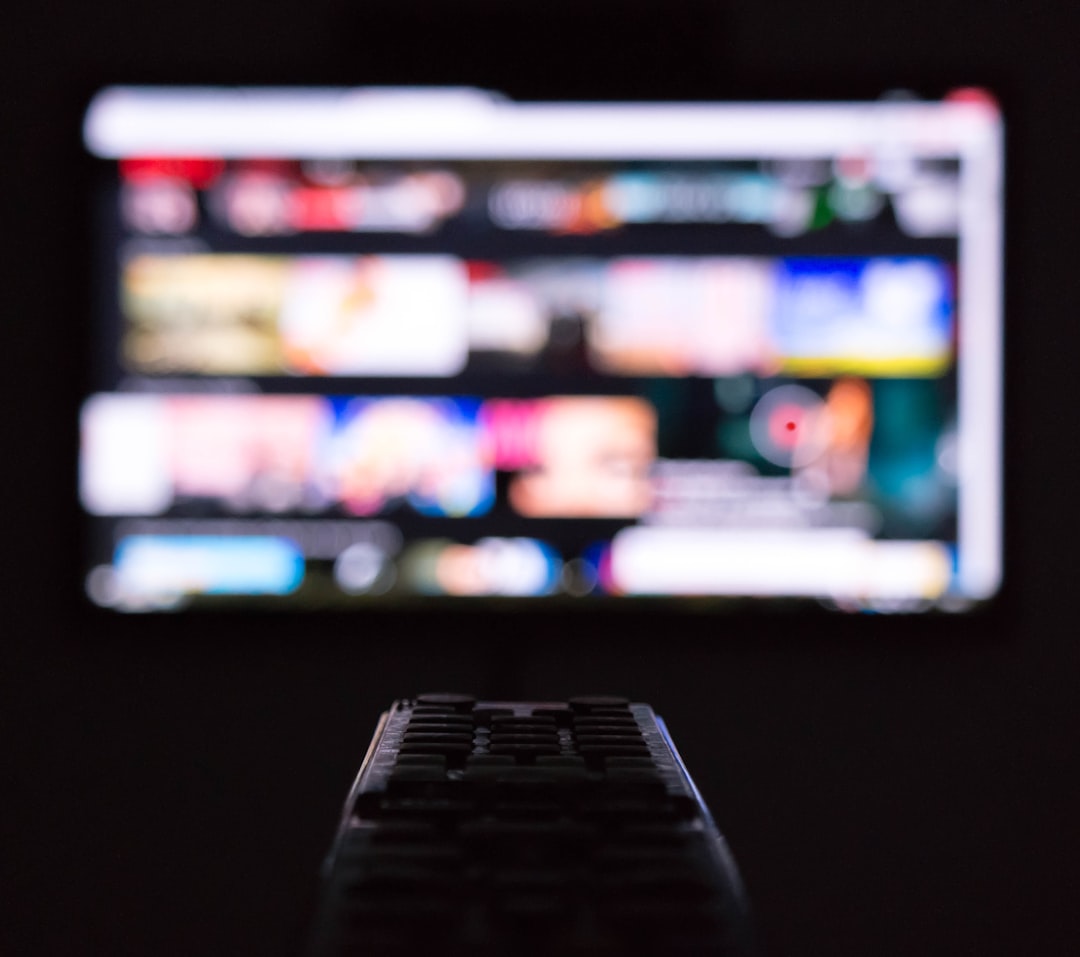Facebook Backtracks on Deal to Pay Media Publishers
Meta is turning off the tap for News Publishers and it's a Big Deal

Hello Guys,
I’m covering the future of media and the Creator Economy pretty closely. A story this week that really concerned me related to the legacy blue app of Meta, called Facebook.
With Meta's first decline in revenue, news is one of the first things to be chopped.
News organizations such as The Wall Street Journal, the New York Times, the Washington Post and others signed deals with Facebook over the past few years.
The deals were frankly pretty lucrative. That was then, and this is now. Deals signed for more than $100 million are affected by Meta’s new decision, an unnamed source with insider information told the Wall Street Journal (WSJ) on Friday (July 29).
This is terrible news for the media and digital publication industry.
Luckily many of them have gone into paid subscriptions and podcasting fairly well.
Simon Owens recently covered the Guardian that have 1 million paid.
Meta’s Decision Could Lead to Layoffs in Journalism and Media Industry
Meta confirmed Thursday that it will stop paying US publishers to run their content on Facebook's News tab, following an Axios report.
This could also mean more journalists will be more attracted to Substack, among other things.
For the most part Substack has only been able to attract high-quality political journalists, who often sensationalize their sport Right or Left. Sometimes to outrageous degrees. Serious journalists in other areas I have to note are extremely rare. Substack’s average writer is more like an indie writer.
Substack in its choice of categories seems to favor literary, cultural and artistic varieties of fiction, inspiration and subjective-curious topics. Even its pursuit of local journalism, have been somewhat limited. Even as, Substack’s finance, crypto and investing writers can charge 5x or even 10x the price for subscriptions of fiction or cultural writers. Political journalists on Substack get about 10-20x the reach of your average cultural writer, so what they lack in pricing power, they make up for in volume of subs.
In my category of futurism, there’s not a single Substack leaderboard category outside of somewhere between the intersection of business, technology and news. This means my work mostly get lost in the technology category, below and far obscure to writers who have been on Substack for many years or happen to be famous on Twitter.
Facebook and Journalism
Simon Owens for example, is what I call a new media analyst, has had to get into sponsored deals, podcasting, and writer course making, (or face poverty I’m assuming), which is the challenge I am facing too.
But when Meta backtracks on its deal with News as a whole, it hurts the livelihood of hundreds to thousands of journalists in America and around the world.
It’s hard to emphasize what “bad news” this is for journalism as a whole.
Axios reported on Wednesday that it's planning to cut costs, slow investments and reduce head count as it braces for what CEO Mark Zuckerberg called a "downturn" that has already begun to wreak havoc on its business.
Among all the things that Meta could cut, why media?
While Meta is still massive — it now reaches more than 3.65 billion people monthly around the globe across all of its apps — its user growth and revenue growth have slowed significantly in the past few quarters.
Meta and Google have Hurt News Industry in America
Meta launched Facebook News in 2019, when the parent company still shared its name with its flagship social platform and before it had posted its first-ever drop in users, which happened in February.
If you think about it back then, publishing companies were (and many still are) not happy about Facebook and Google's digital ad duopoly, which for years has accounted for over 60% of the US market. News feed partnerships were struck as a way of compensating media organizations for their content being featured on the social network.
While the Facebook News tab will remain a feature, payments to U.S. publishers will be phased out. Deals in other countries — the U.K., France, Germany and Australia — will remain in place, for now.
How Mark Zuckerberg gets intense, hurts other people. Facebook believes that the majority of the audience on its platform does not access news, and any allocation of resources for this purpose is a waste.
In it’s latest Facebook platform pivot, all Facebook literally asked me is which News publications I want to follow and prioritize on its new tab layout.
Meta wants to milk the cow, without paying for the milk!
I have some ethical issues with that for the health of journalism, democracy and society. Facebook’s history is filled with controversy in how it’s been manipulative for readers in any number of ways. Including of course foreign hacking of democracy, misinformation and privacy exploits of our human rights online.

Meta Un-Liking News
According to Axios, Meta's VP of media partnerships, Campbell Brown, told staffers the company was shifting resources away from its news products to support more creative initiatives, the Wall Street Journal reported.
We know the lobbying and PR Meta is capable of. Meta (FB) allegedly sowed chaos to block Australia Media law, back in May, 2022 in Australia.
Meta and Google have abused their position to the point where we can no longer even trust information online. Advertising has corrupted the entire trustworthiness of information. Now increasingly (young) people are turning to TikTok for their News. But TikTok is an entertainment platform. If you are to believe Google Execs, GenZ is also using TikTok and Instagram more for mobile search.
How quickly things change since 2019. Facebook brokered a slew of three-year deals with publishers in 2019. At the time, the company was ramping up its investment in news and hired journalists to help direct publisher traffic to its new tab for news. LinkedIn also hired a lot of editors and “creator managers” during the pandemic. Microsoft’s growth with LinkedIn can easily afford it.
The Meta deals back in 2019 were worth roughly $105 million in the U.S., sources told Axios. That’s the salary for a lot of journalists and media folk guys. In addition to that, the company spent around $90 million on news videos for the company's video tab called "Watch." Video feeds on Facebook? That was a laugh.
Nothing has harmed the future of media quite like the antics and exploits of Facebook. YouTube is essentially the free TV for most of young people in the world today. While Instagram can’t make up its mind on how to compete vs. TikTok or how loyal GenZ is to Snap for actual peer community communications. Snap’s user base is growing well according to Q2 Earnings.
Zuckerberg told investors that the company will need to "steadily reduce headcount growth over the next year". Let’s just cancel our deal with Media guys, fuck them! Mark is a bit cavalier you know. Meanwhile there’s pretty good evidence that TikTok has slowed the growth of Netflix and YouTube in 2022 so far. China is basically winning the war for media and behavior modification A.I.
If Facebook and Google (with a very poor SEO system) hadn’t reduce the media industry to what it is today, none of this would have happened. Silicon Valley single handedly essentially destroyed the credibility of News in America. Young people barely even care or watch the news. It’s a GenX sport and its dying in many ways.
How does Meta really feel about this from a business standpoint?
"A lot has changed since we signed deals three years ago to test bringing additional news links to Facebook News in the U.S. Most people do not come to Facebook for news, and as a business it doesn't make sense to over-invest in areas that don't align with user preferences," a Facebook spokesperson told Axios.
Meta thinks News is not worth saving, even as it participated in its destruction.
Sad times for the future of media and journalism. Accountability journalism? Lucky if you can find it. I stay clear of most of the Substack journalism that parades itself in this manner, it’s more based on sentiment than investigative good practices. I’m a news junkie but increasingly pessimistic on the future of journalism today.
What’s your take on this?
Final Notes: Meta: Sorry not sorry actually.
Turning off the $ Taps for Media
The $105 million spent on additional news content for the News Tab was for incremental links. News companies could still publish content to the Facebook platform at will.
Although hundreds of news publishers are still eligible to have their content included in the News Tab, the funding to roughly 50 publishers for their content will not be renewed.
Meta spent more than $10 million on its news partnership with the Wall Street Journal, more than $3 million on its deal with CNN, and more than $20 million on its partnership with the New York Times, sources told Axios. In some cases, the partnerships also unlocked paywalled content.
Facebook has gone back and forth about the role news should play on its platform for years, which sometimes frustrated news partners. - Sara Fischer (Axios Media Trends)
It’s the end of the media industry as we know it.
But all is not lost.
Thanks for reading my rant!
I’ll catch you next time.






